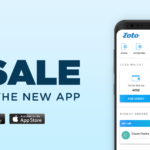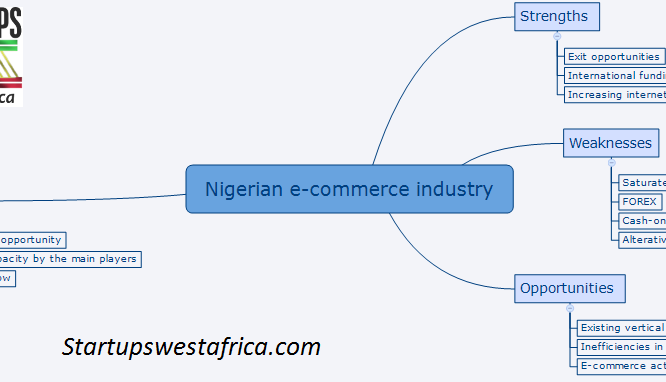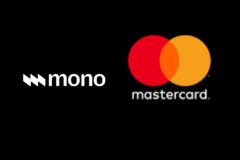6 years ago, you’d have to be very brave to try to make or receive online payments in Nigeria.
Interswitch’s WebPay was the default payment processor and startups had to pay N150,000 (about $1,000 at the time) to acquire it. Even though mobile internet was the fastest-growing way to access the web, WebPay didn’t work on mobile phones. And then, there were the failure rates – some startups reported that as many as 90% of transactions failed.
Online payments didn’t work.
Furthermore, the Central Bank said that every online transaction had to be “tokenised” – confirmed by a one-time password. This meant recurring payments were impossible to execute. As a result, the only way to execute online subscription services was using premium SMS. This was restricted by another regulation, this time from the National Communications Commission capping transaction size at N200 (roughly $1). Telcos and their service provider partners used to charge a service fee that ranged from 60% to 80%.
All that has changed now.
Interswitch has upgraded WebPay and acquired Vanso (who developed MiMo). More importantly, startups like Paystack have brought truly simple web payments to startups across Nigeria – making recurring payments and payment pages available to anyone for free. Local founders are full of praise for Paystack, saying “it just works”. By the time Paystack got into Y Combinator, the startup became shorthand for modern payments in African tech.
If u are in eCommerce in Nigeria, not using a foreign payment gateway and you don't have Paystack. You're playing yourself.
— Oluyomi Ojo (@OluyomiOjo) March 3, 2016
Meanwhile, Iyin Aboyeji has left Andela to launch a US-based company called Flutterwave. Flutterwave bills itself as an African digital payment infrastructure company that helps companies send and receive payments across Africa with one API. From the post where Iyin announced he was leaving Andela to join Flutterwave…
Flutterwave is building digital payments infrastructure accessible via APIs that enable all available payment options across different African countries. Our API allows businesses accept and disburse payments from MasterCard, Visa, Verve, Mobile Money, ACH — and even cash tokens and e-wallets in different African countries by integrating one API. Our technology will enable the next generation of technology leaders in Africa to launch and support businesses that will scale — not only across Africa, but across the U.S. and other major international markets.
Once the announcement went out, it was inevitable that there would be questions about competition between Flutterwave and Paystack. On the surface, the businesses sound very much alike. Shola Akinlade, Paystack’s CEO, was quick to point out that:
The payments problem in Africa is humongous. Financial Inclusion, infrastructure development, e-payments adoption due to security, low literacy levels & merchant acceptance are a few, and so we’re excited to have Flutterwave join the league of companies working hard to solve these problems.
and Iyin tweeted:
That said payments is partnership. We are not here to compete with anyone..
— Iyinoluwa Aboyeji (@iaboyeji) August 10, 2016
Paystack is focused on helping startups collect web payments, while Flutterwave seems to be focused on helping anyone send and receive money by any means they want via an API. That’s a big difference. A business outsourcing services to Africa might not have much use for Paystack but would probably use a company like Flutterwave to send money to their service providers directly from an automated system. That’s a big deal.
Flutterwave lists Paystack, Access Bank and Pay With Capture as their customers but this raises a whole new bunch of questions.
Paystack has been operating for a while now, while according to Delaware records, Flutterwave was only registered in May and Iyin’s LinkedIn profile lists him as co-founder. So who are his co-founders? That’s unclear at the moment, and the company didn’t respond to our request for comment at the time of publishing.
For one, all these companies (especially Paystack and Pay With Capture) have been operating for a while. Has Flutterwave been servicing these clients since? If so, who was running the firm before Iyin’s announcement? Delaware public records do not show the owners of the company, and Flutterwave hasn’t answered our question concerning this directly.
But more importantly, how long before Flutterwave starts to offer startups the same services as Paystack? While both teams are coy about this, it seems illogical to assume that Flutterwave would continue to allow a middle man sit between them and the companies that ultimately use their services. Once the infrastructure is built, what stops them from allowing anyone stick a payment interface in their web or mobile app? Finally, how do comapnies like Paystack distinguish themselves from other payment providers when anyone can connect to Flutterwave’s API and launch their own payment service? Is there room for more than one payment processor in this market?
Time will tell.
[separator type=”thin”]
Editor’s note: we’re working to organise an AMA with some of the Flutterwave team to explain their mission, what they do, and tackle some of these questions in the coming weeks. We’ll keep you posted.





















